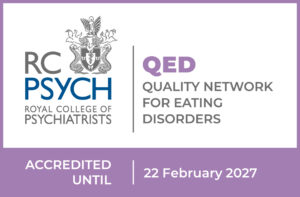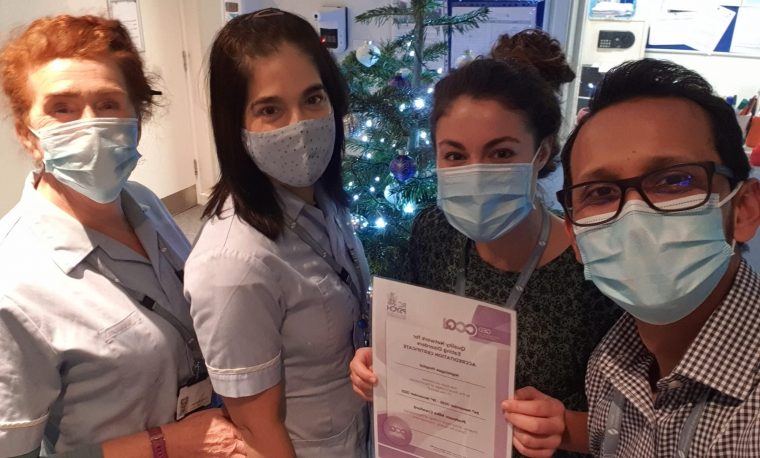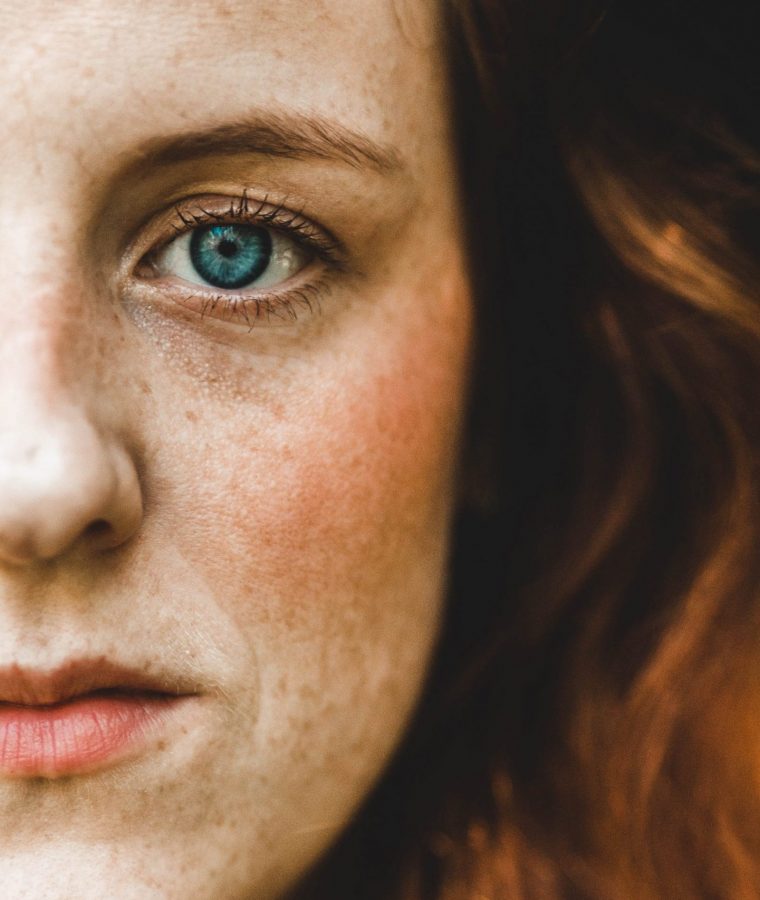Binge eating disorder (BED)
Binge eating disorder is a serious mental health illness. It occurs when people eat extremely large quantities of food, with a feeling of being out of control over their actions. Some sufferers explain that they feel ‘disconnected’ during their binge episodes. Unlike bulimia, sufferers don’t usually rid of their food (i.e. through vomiting) after their binge, however, they may choose to fast following an episode.
Binge eating disorder can be a way to cope with difficult or overwhelming feelings, such as anxiety, anger, low mood or upset. Alternatively, people might binge eat when they are happy or excited. Binges can be planned, or happen spontaneously. It will usually result in a damaging cycle of negative emotions, restriction and then bingeing.
Binge eating disorder can affect individuals of all ages, genders, ethnicities and backgrounds. Research shows that binge eating disorder may be the most common eating disorder.
Long-term effects of binge eating disorders include obesity, high blood pressure, high cholesterol, infertility issues and type 2 diabetes, amongst other conditions.
Signs and symptoms of binge eating disorder (BED)
Psychological signs and symptoms of binge eating disorder can include:
- Spending a disproportionate amount of time thinking about food
- A general feeling of being out of control
- Having low confidence and self-esteem
- Anxiety or depression
- Social withdrawal and anxiety
- Feelings of shame, disgust and extreme distress will often follow the binge
Behavioural signs and symptoms of binge eating disorder can include:
- Buying large quantities of food
- Hoarding food
- Eating until feeling uncomfortably full, or when not physically hungry
- Eating in secret
- Buying large quantities of food
Physical signs and symptoms of binge eating disorder can include:
- Weight gain
- Tiredness and difficulties sleeping
- Stomach pain
- Bloating
- Constipation
- Skin problems
Download the programme brochure
You can view a copy of the programme brochure by completing the form below.
Treatment for binge eating disorder (BED) at Nightingale Hospital
Nightingale Hospital has a Quality Eating Disorder accreditation, provided by the Royal College of Psychiatrists. This means that when you’re seeking eating disorder treatment at Nightingale Hospital, you can be sure that you will be receiving trusted and effective clinical care of the highest degree.

We have the expertise to approach the support and treatment we offer you fin a personal and flexible way to benefit you the most in your recovery. Binge eating disorder treatment at Nightingale Hospital can be as an outpatient, day patient or inpatient.
Based on current clinical evidence and put into practice by an experienced, multidisciplinary team of consultant psychiatrists, unit doctors, nurses, a dietician and specialist therapists, our approach to bingeing treatment is tailored to the individual.
Therapies
Through intensive psychological and emotional support in group therapy sessions and individual counselling and psychotherapy, you can understand underlying factors that have contributed to your bingeing and find strategies to overcome it.
- Cognitive behavioural therapy can help you identify your negative thoughts and learn more positive emotional and behavioural responses to your beliefs about yourself and your eating.
- Family therapy can improve the way family members relate to each other and communicate
- Occupational therapy can support you practically in returning to a normal life away from bingeing.
Aftercare for inpatients
It can be difficult adjusting to life eating disorders after an inpatient admission, so we offer a step-down programme to our eating disorders daycare, individual counselling and free aftercare groups post inpatient treatment to sustain motivation for living free from an eating disorder.
Family support groups for inpatients
Those nearest to the sufferer often blame themselves, going through a range of emotions from despair, depression and guilt to anger and frustration, leaving them exhausted and having difficulty coping, as well as feeling powerless in how to deal with the situation.
Research has shown that the involvement of families in the treatment process greatly increases the prospects of a person’s recovery.
Recent family support group feedback
- “We cannot thank you enough for the education and advice this group has offered and the chance to discuss our questions with yourself and other careers of loved ones. We would be grateful if we could attend future Zoom meetings. We have started to read the advised book and already this is becoming of great help.”
Binge eating disorder (BED) specialists at Nightingale Hospital
Nightingale Hospital London has a number of Consultant Psychiatrists and Therapists that can help you through your bingeing. It is vital you find an eating disorder specialist that you can trust and work with on your recovery. If you cannot find the information you need on bingeing specialists and binge eating treatment programmes we would welcome your call so you feel secure in the decisions you make.
Our team is led by:
- Dr Helen Murphy – Consultant Psychiatrist; Nightingale Hospital Lead Consultant for Eating Disorders
Please contact us confidentially on 020 7535 7700 24 hours a day.
Useful resources










